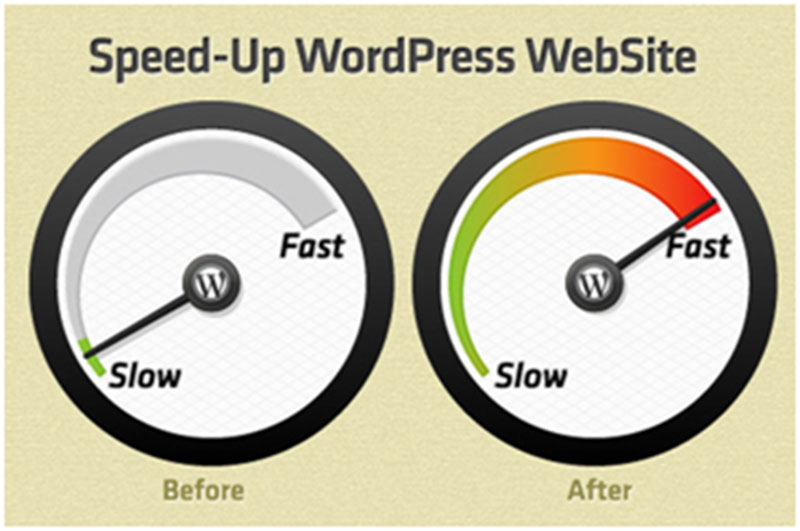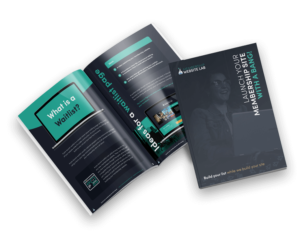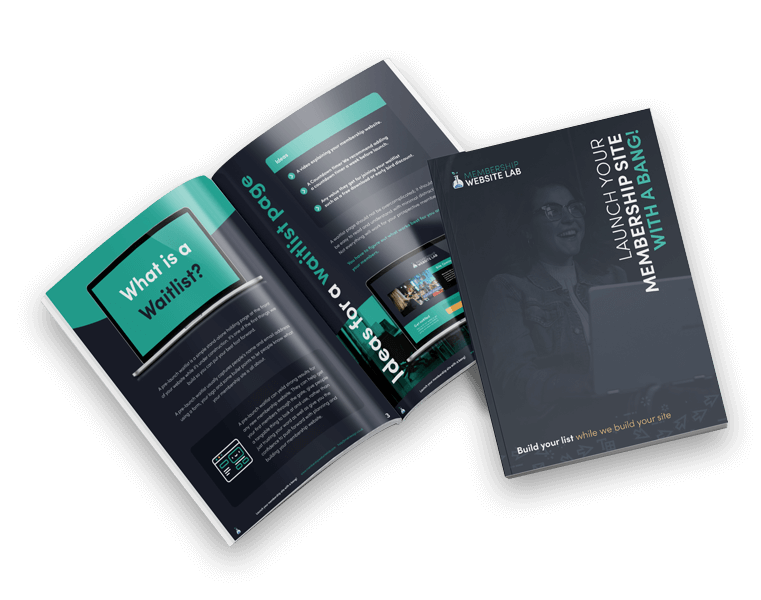
1. Know how to Select a more reliable web hosting service
The main factor that determines the speed of a site is hosting the WordPress website. It may seem like it’s a good option to put your brand new membership websites with a shared hosting company that provides “unlimited” bandwidth, space email addresses, domains, and much more. However, the thing we often miss about this service is the fact that these shared hosting services do not provide good loading speeds during busy traffic times, and the majority fail to offer uptime of 99 percent in every month.
2. Make use of a light WordPress theme or framework
WordPress themes that have a large number of interactive elements including sliders, widgets and sliders, social icons, and many other attractive to the eyes. However, If they’re loaded with excessive elements and larger dimensions, then they’ll make your website server be slammed.
3. Reduce image sizes
Images are among the main factors that determine the size of a webpage. It is important to minimize the size of images, without compromising the quality.
If you optimize manually your images using the Chrome PageSpeed Insights or Photoshop or other tools it will take a lot of time.

4. Reduce JS or CSS files
If you manage your website using the Google PageSpeed Insights tool, you’ll probably be alerted about the need to reduce the dimensions of CSS as well as JS files. This means that by decreasing the amount of CSS and JS calls as well as the size of these files, you will be able to improve the speed of loading your site.
5. Make use of advanced caching mechanisms using an caching plugin
WordPress cache plugins are around for quite a while and make the difficult task of implementing caching rules on the elements of your website easier. Combining these plug-ins and sophisticated caching techniques such as Varnish can help improve the speed of loading your site and improve the speed of WordPress significantly.
6. Cleanup WordPress database
Database optimization, which is the process of removing unnecessary information from your database keeps the size of your database to a minimum. It can also help reduce the size of backups. It is also important to eliminate fake user comments, spam messages and outdated drafts for your material, and possibly undesirable plugins and themes.
7. Remove or disable plugins
Utilizing unneeded plugins in your WordPress websites can cause a lot of garbage to your website files. Additionally, it can make it more difficult to manage your backup , and place an enormous stress on your server’s resources when backup files are created.
8. Limit the scripts that are external to the minimum
The use of external scripts on your websites will add significant data to the total load time. Therefore, it’s best to limit the use of scripts. This includes only the necessary ones such as trackers (like Google Analytics) or commenting systems (like Disqus).


